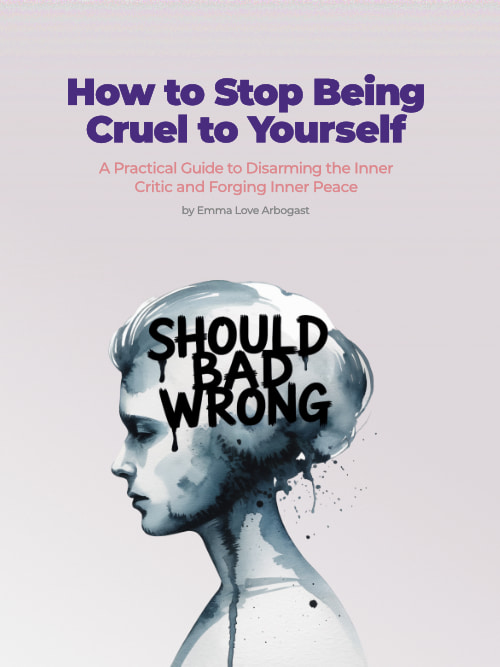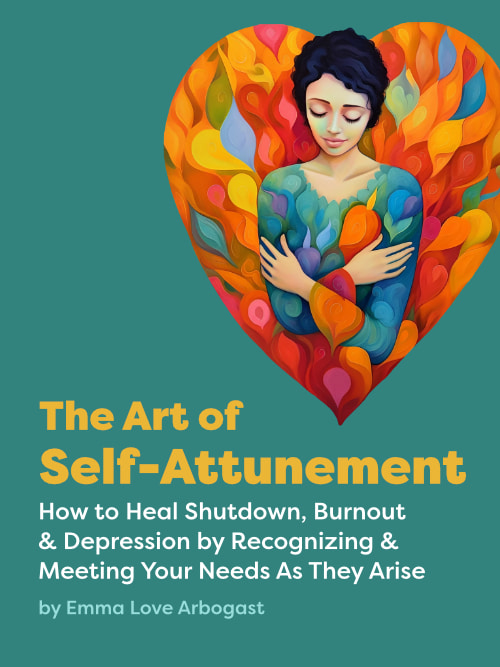Healing School Trauma
A mom posted on Facebook this morning lamenting how her son wasn’t the kind of kid to receive awards because he just “doesn’t do well at school” and it hurt that his unique brilliance was never recognized.
My response:
As one of the kids who received quite a lot of those academic awards, it became embarrassing after awhile. I just happen to be good at school, but I didn’t need to try nearly as hard as other kids and it made me feel guilty and bad because the award would have meant a lot more to them than me. And no academic award could make up for how much I was bullied and alienated at school. School tortures a lot of kids, even the ones who look like they are doing well. It’s a twisted and bizarre thing we do to children.
I think the act of grading children against each other in public and making them all compete against each other at age 6 is traumatic. At the very least, I can’t see how it’s developmentally appropriate.
Making academic skills (and athletic skills) more important than any other part of human potential is corrosive to self-esteem if you don’t excel in those areas. And at least in the case of academics, the social ostracism that comes with being gifted is damaging. It also raises the stakes if you are good at the one thing that is prized, which creates its own problems (like if you are a football star and become injured and can no longer play, that is a devastating loss).
The obvious sources of school trauma are bullying, racism, and other forms of violence. But there are countless other ways that school may have harmed you or neglected your needs.
- forcing you to into compliance through shame or fear
- numbing your emotions because there was no room for them
- feeling incapable because you didn’t have the support you needed to learn
- feeling alien because nobody tried to understand your unique experience
- encouraging perfectionism instead of balance
- teachers who didn’t believe in you
- teachers who perpetuated racism or sexism or homophobia
- class shaming
- lack of support on any level
- bullying by other kids, or by teachers
- sexual harassment by other students or by teachers
- feeling like you will never belong, that you are unlikable or unwanted
- the things that happen on an unsupervised school bus
- playground trauma
If you have school trauma, acknowledge that to yourself. It’s real.
Abusive educational practices are often justified as somehow preparing children to live “in the real world”. But school is part of the world. It shapes the world by shaping our children.
I’m not a teacher and I’m not blaming teachers. I’m also 40 and I don’t know what it’s like nowadays (I can only imagine what damage social media and active shooter drills do to children). But I realize I’m not qualified to give a critique of schools, and teachers get enough blame as it is. So this is meant more as an encouragement to you to grieve your own academic and school trauma that may have affected you without you even realizing it.
Here are some ideas for healing your school trauma:
- Reject the idea that something that felt bad and didn’t meet your needs was “actually good for you” because it’s “preparing you for the real world”. That is just bullshit.
- Accept that there is nothing wrong with any of your needs, and there never was. The world’s inability to meet your needs does not make your needs bad or wrong.
- Identify what needs you actually had as a kid that weren’t met. Think through every age – kindergarten, grade school, middle school, high school, college. For example, one thing I needed and never received was instruction on how my overwhelming emotions worked. Instead, I spent a huge amount of energy trying not to cry for fear that I would be made fun of. Having to spend many hours a day suppressing my feelings out of fear of being rejected was excruciating.
- Feel the feelings. There may be grief, fear, overwhelm, confusion, bewilderment, anger. You may just feel numb, after years of suppressing your feelings or rationalizing the damage. Sit with them until the frozen and contracted state starts to relax and you can feel again. This stage can take some time.
- Think through what would have met your needs and make sure you are giving yourself those things now. For example, if you wish you had been deeply supported to make art even though you weren’t identified as “artistically gifted”, make sure you are doing that for yourself now.
Self-love is a set of skills you can learn

Stop Being Cruel to Yourself
$2.99


Hey there! If you're new here, welcome to the Emmaverse! 🌈✨
About me: I'm autistic/ADHD and I write about how to be free and happy from the inside out.
Keep in touch?
Self-Liberation Society

